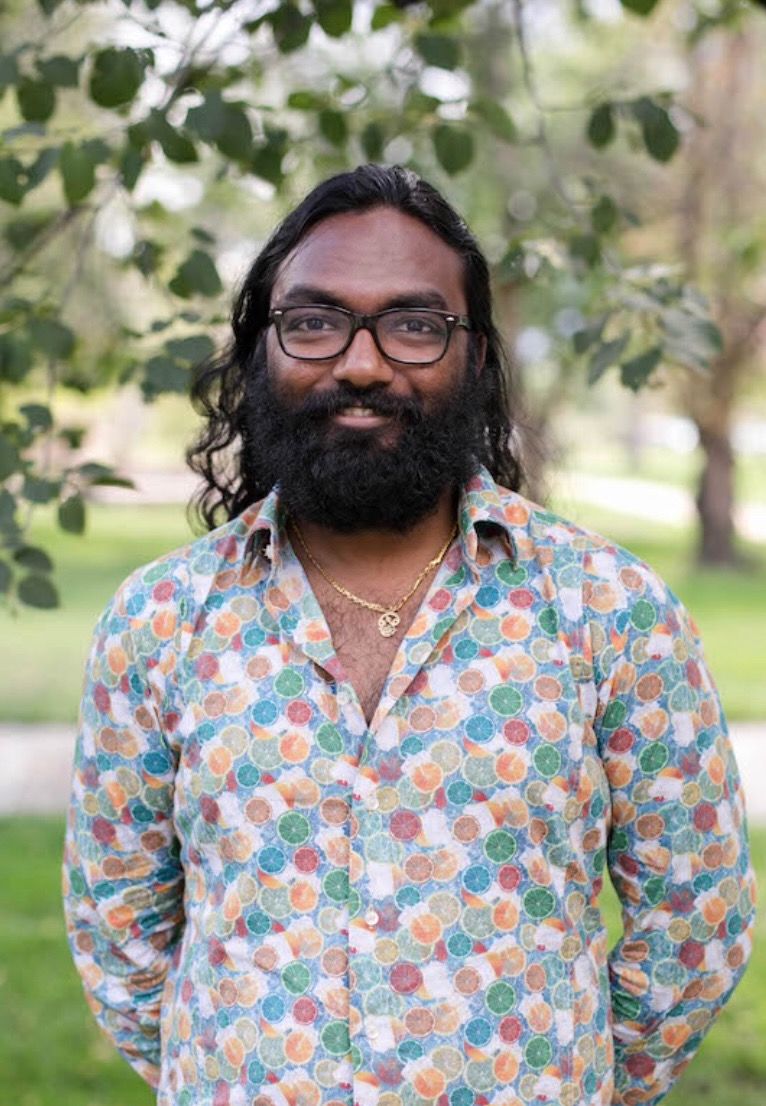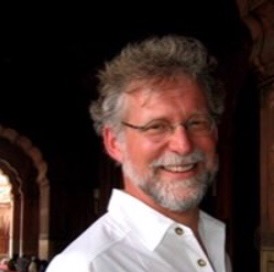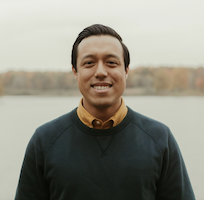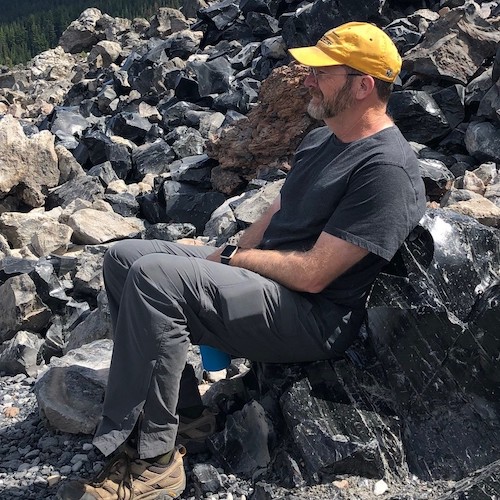The Crown Center For Teaching
Instructional Coaches
Peggy Daugherty, PhD
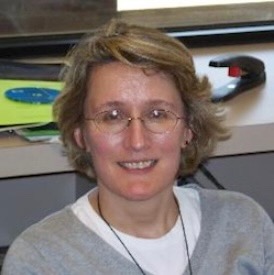
Associate Professor, Chemistry & Biochemistry
mdaugherty@coloradocollege.edu
(719) 389-6439
Sofia Fenner, PhD
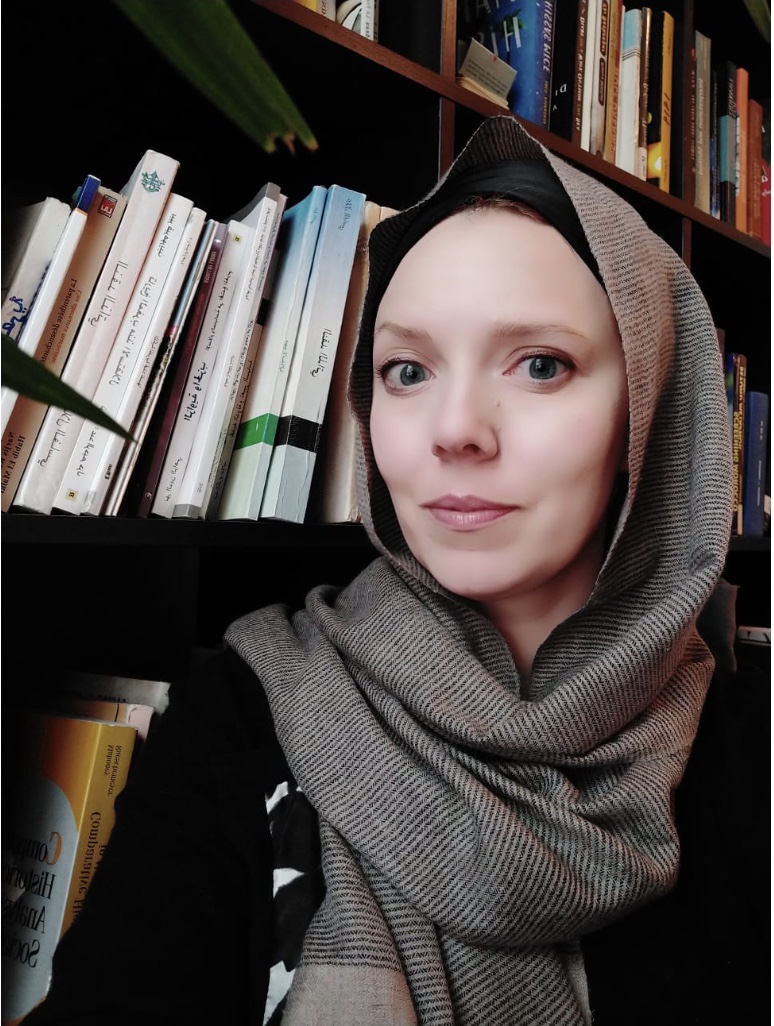
Associate Professor, Arabic, Islamic, & Middle Eastern Studies, Political Science
sfenner@coloradocollege.edu
(719) 389-6587
Maybellene Gamboa, PhD
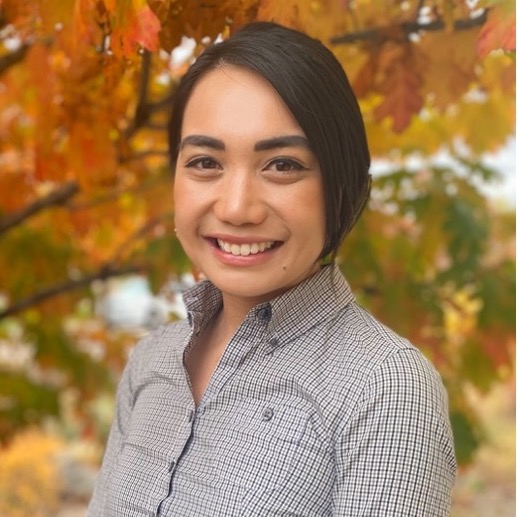
1-Year Visiting Assistant Professor, Organismal Biology & Ecology
mgamboa@coloradocollege.edu
(719) 389-6401
Dhanesh Krishnarao, PhD
Jonathan Lee, PhD
Heidi R. Lewis, PhD
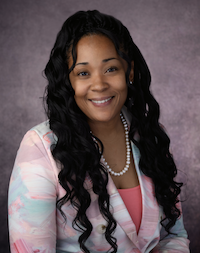
David and Lucile Packard Professor, Feminist & Gender Studies
hlewis@coloradocollege.edu
(719) 389-6081
Eryn Murphy, PhD
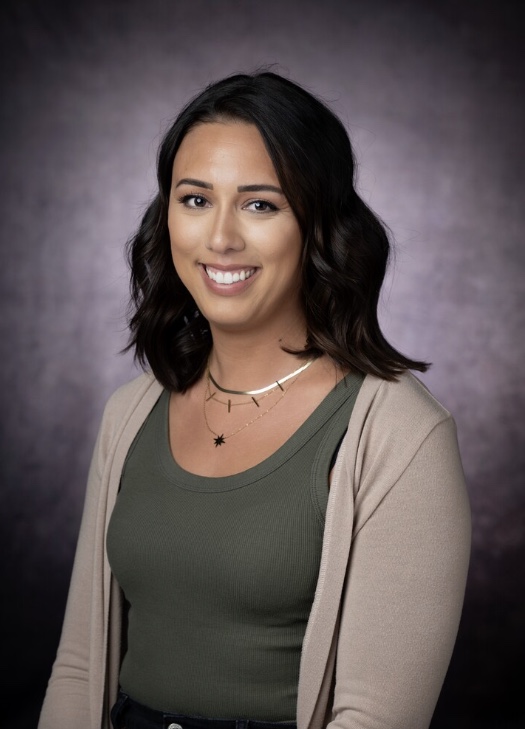
Assistant Professor, Human Biology & Kinesiology
emurphy@coloradocollege.edu
(719) 389-6360
Leland Tabares, PhD
Mike Taber, PhD
Rebecca Tucker, PhD
Report an issue -
Last updated: 07/20/2025

